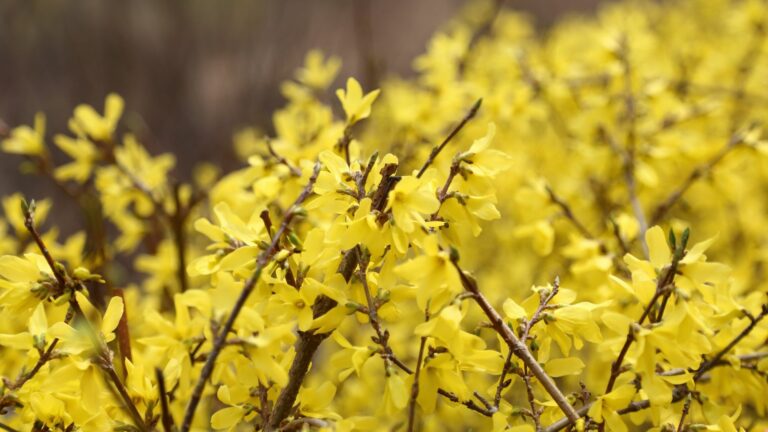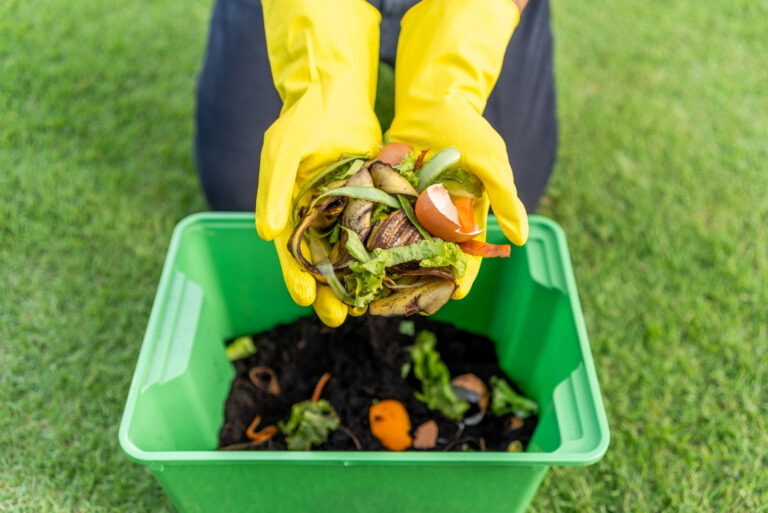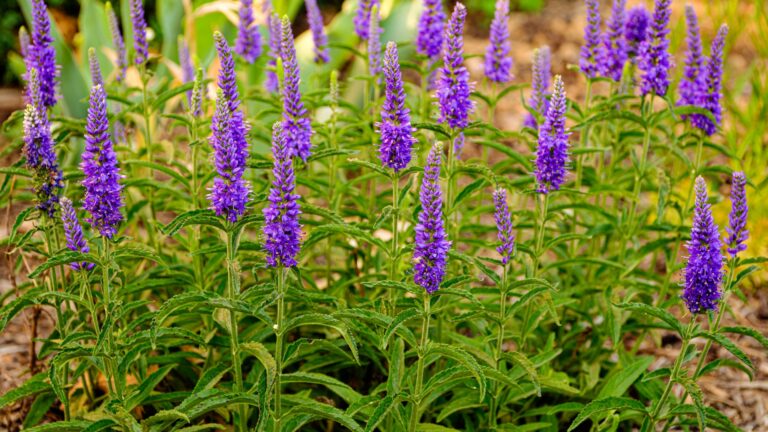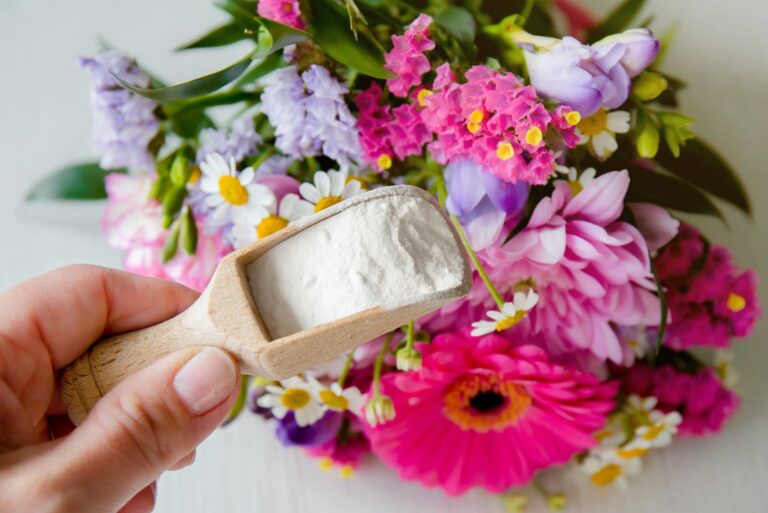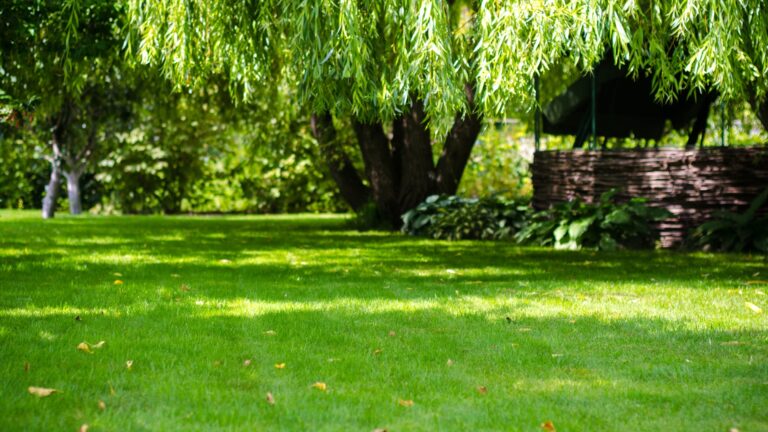29 Ways to Get Rid of Aphids on Milkweed Without Harming Monarchs
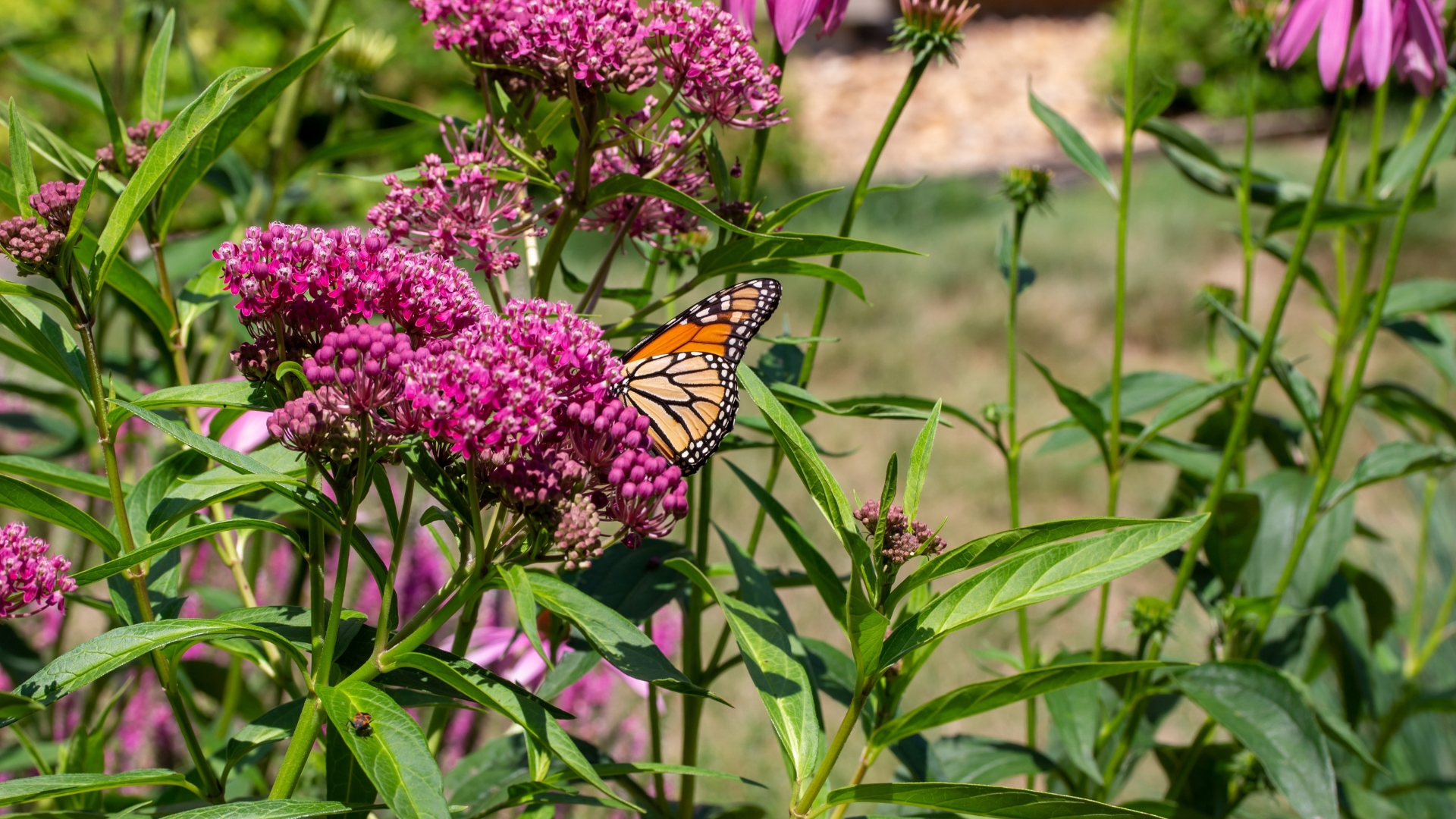
Aphids on your milkweed? Yeah, they’re annoying. These little sap-suckers seem to show up overnight, covering your plants in sticky messes and inviting a parade of ants.
But before you go reaching for the nearest spray, remember—monarch caterpillars rely on milkweed to survive! The good news? There are plenty of ways to kick aphids to the curb without harming those precious monarchs, and I’ve got 29 of them right here.
1. Natural Predators
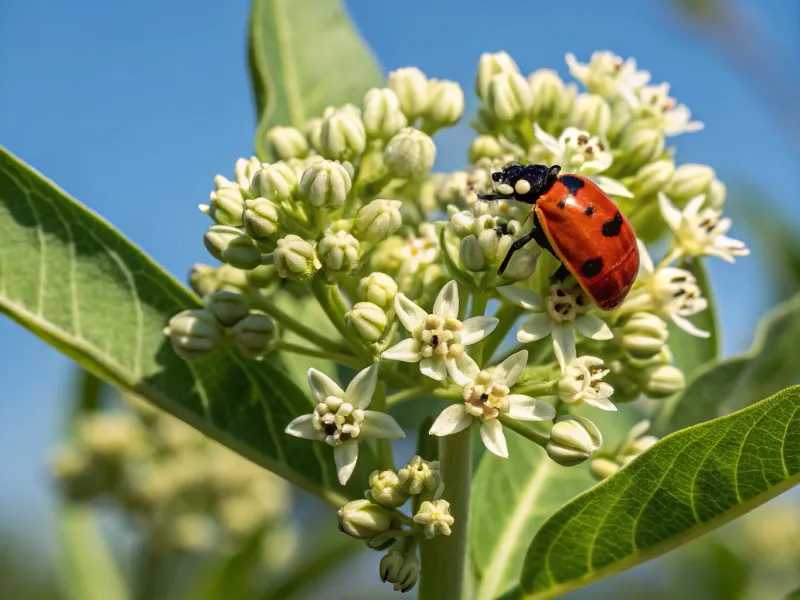
Imagine a tiny army of ladybugs marching across your milkweed, ready to take on the aphid menace! These red-and-black warriors are nature’s own pest control agents, munching away on aphids with fervor. Not only do they keep your plants clean, but they add a dash of color and charm to your garden.
Ladybugs, with their voracious appetites, can devour up to 50 aphids a day! Introduce them to your garden by gently placing them near the infested areas. Watching them work is like observing a live-action superhero movie, but with a much smaller cast.
2. Neem Oil Spray
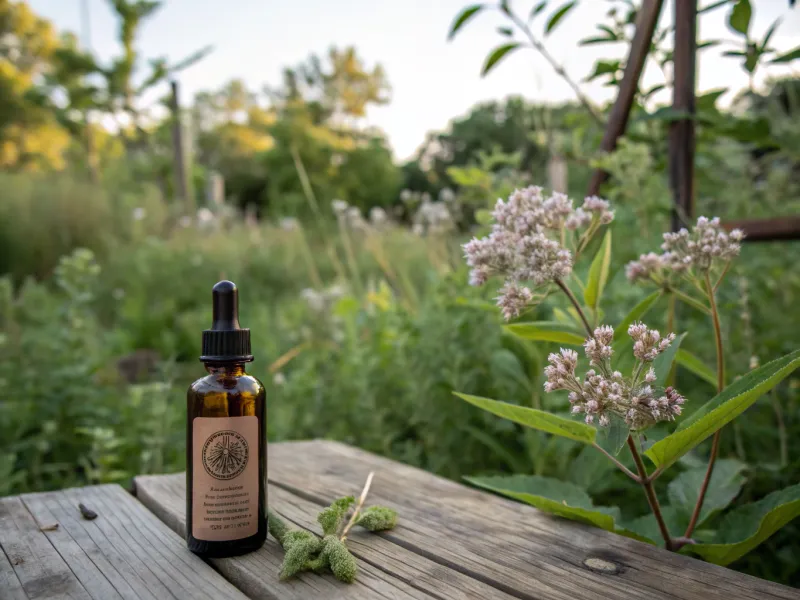
Spritz away your aphid worries with a touch of nature’s magic potion: neem oil! This natural insecticide disrupts aphid hormones, sending them packing without harming the monarchs. Plus, it’s biodegradable and safe for your plants.
Mix a tablespoon of neem oil with a quart of water and a few drops of dish soap. Spray it on the affected areas in the early morning or late evening, when beneficial insects are less active. It’s like giving your milkweed a protective, aromatic bath.
3. Soapy Water Solution
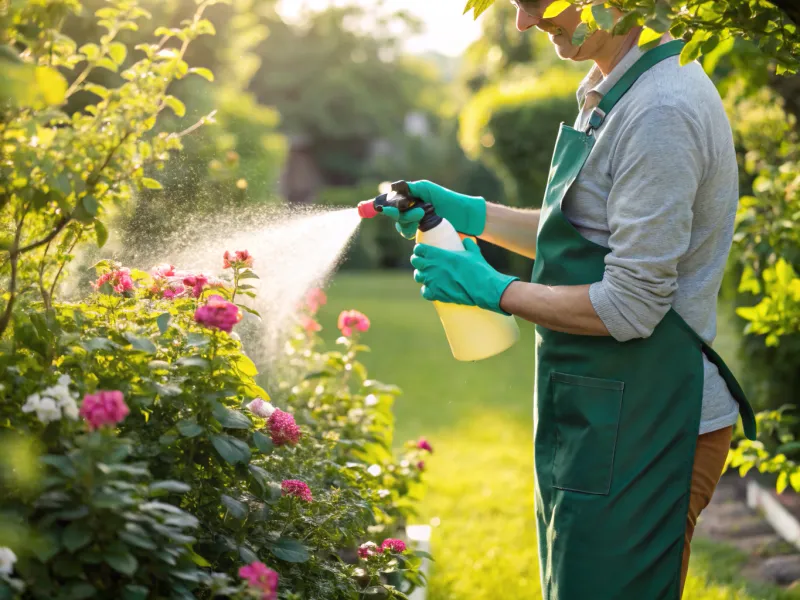
Turn your kitchen into an aphid-fighting laboratory with just dish soap and water! This simple solution dehydrates aphids, leaving your milkweed to thrive. It’s non-toxic, making it a safe choice for monarch caterpillars.
Mix a few drops of dish soap with water in a spray bottle and shake well. Apply directly to the aphid-infested leaves, ensuring you cover all sides. This soap opera has a happy ending for your garden!
4. Reflective Mulch
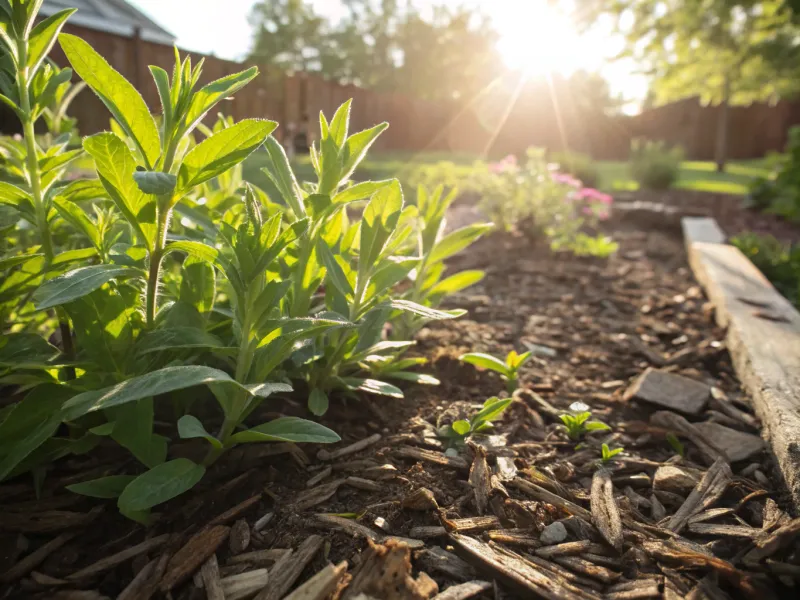
Bring a bit of dazzle to your garden with reflective mulch! It confuses aphids, making it hard for them to locate your precious milkweed. Plus, it adds a decorative sparkle to your garden.
Spread a layer of reflective mulch around the base of your plants. This protective shield not only wards off pests but also retains soil moisture and controls weeds. It’s like rolling out the red carpet for your milkweed!
5. Companion Planting
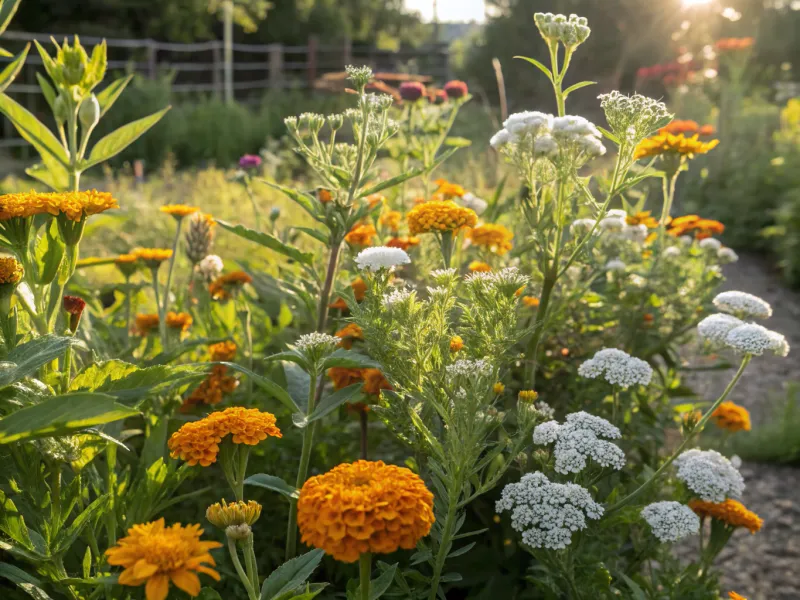
Enlist the help of marigolds in your garden’s battle against aphids. These bright, beautiful flowers repel aphids with their distinct scent, acting as a natural barrier for your milkweed. Plus, marigolds attract beneficial insects that love aphids for breakfast.
Plant marigolds near your milkweed for a vibrant, protective border. This plant partnership is a win-win, adding both beauty and defense to your garden. Think of it as a botanical buddy system!
6. Garlic Spray
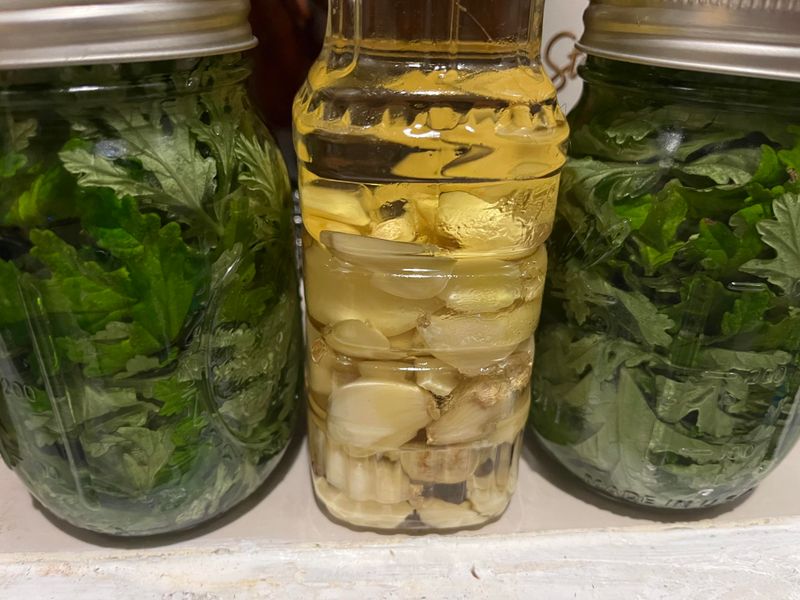
Vampires aren’t the only creatures deterred by garlic! A garlic spray sends aphids fleeing with its potent aroma. This homemade remedy is easy to whip up and gentle on monarchs.
Blend a few cloves of garlic with water, strain, and pour into a spray bottle. Spritz your plants in the early morning or late afternoon. Your garden will have a hint of Italian cuisine, minus the pasta.
7. Essential Oils

Aphids aren’t fond of aromatherapy, especially when it involves peppermint or rosemary oil. A few drops can create an aromatic barrier that sends aphids packing while leaving monarchs unscathed. This fragrant solution also adds a fresh scent to your garden.
Mix essential oils with water and a bit of dish soap in a spray bottle. Use it on your milkweed for a scented shield against pests. It’s a spa day for your garden, without the relaxation for aphids!
8. Banana Peel Brew
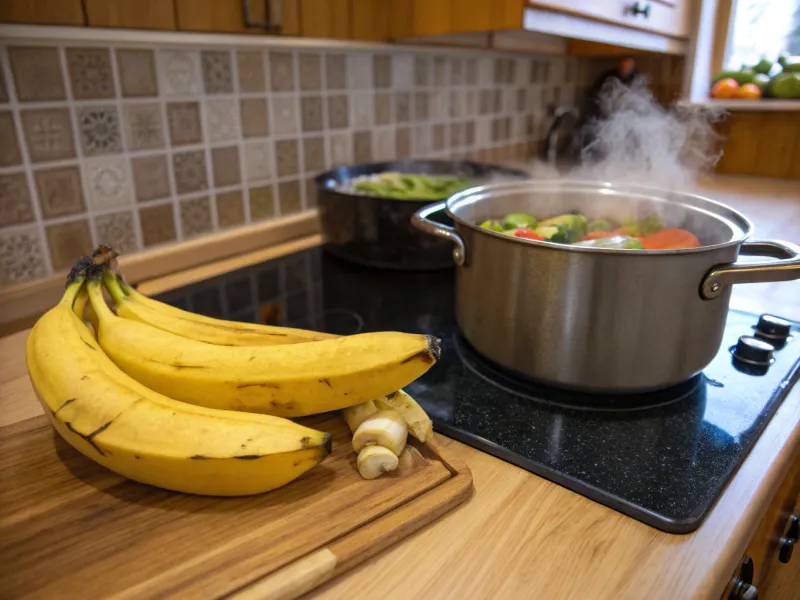
Bananas aren’t just for breakfast—they’re for battling aphids too! Boil banana peels and let the concoction cool before applying it to your milkweed. This potassium-rich brew deters aphids and nourishes your plants at the same time.
After straining, pour the liquid into a spray bottle and mist your plants. It’s an eco-friendly way to recycle kitchen scraps and protect your garden. Your milkweed will thank you for the potassium boost with vibrant growth.
9. Diatomaceous Earth
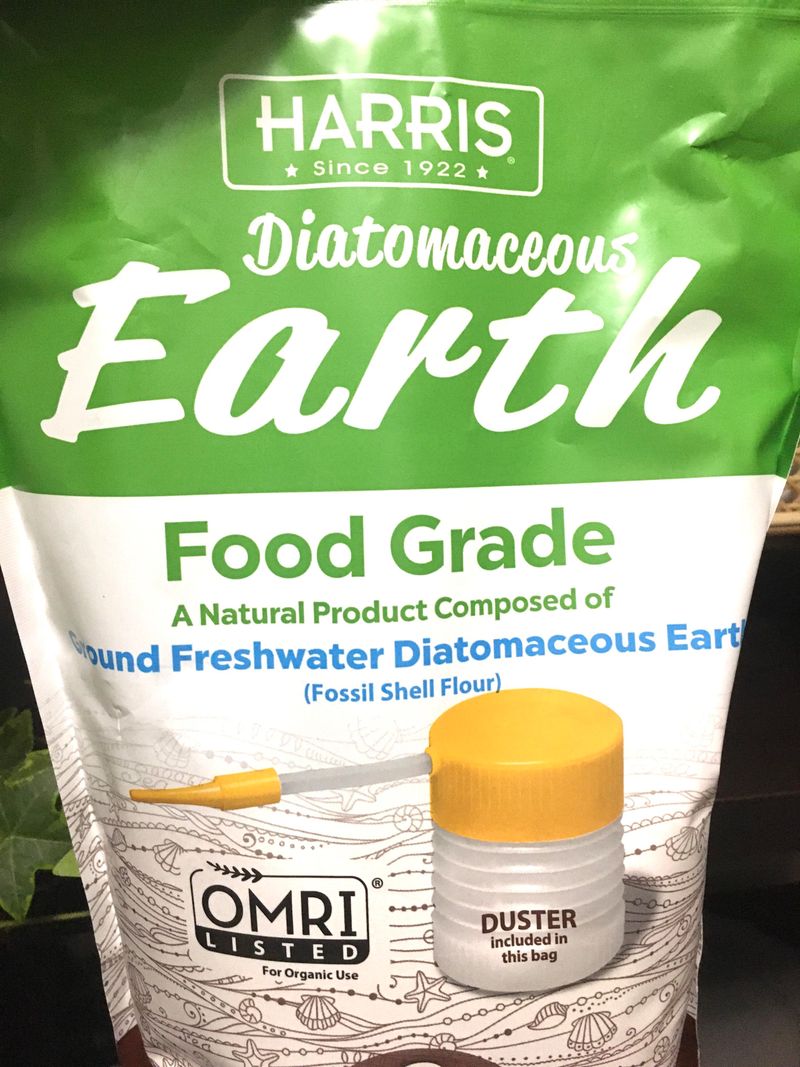
Tiny fossils in powder form might sound odd, but diatomaceous earth is a gardener’s secret weapon against aphids. This natural powder dehydrates aphids without disturbing the monarchs. Simply dust it onto the leaves of your milkweed.
Reapply after it rains to maintain its effectiveness. It’s like scattering fairy dust that’s deadly to aphids but magical for your garden. Plus, it’s safe for humans and pets!
10. Water Blast
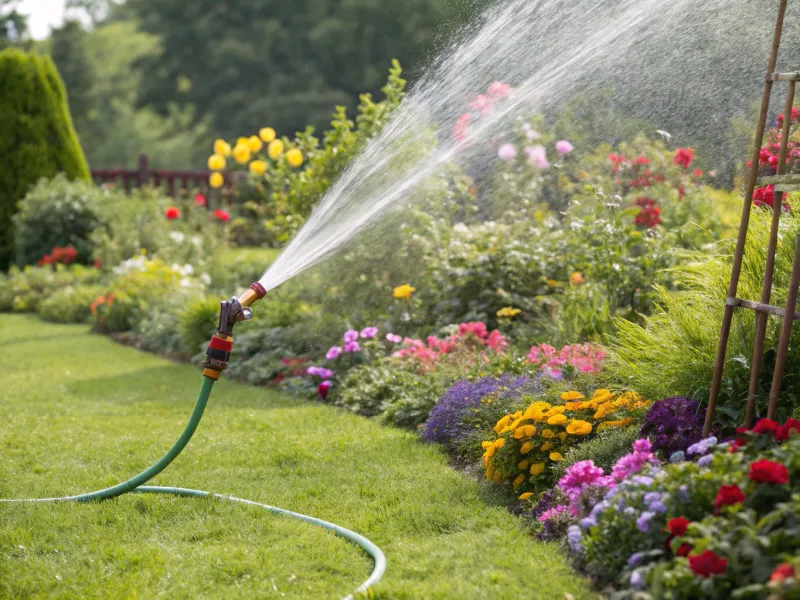
Sometimes all you need is a sudden splash to send aphids packing. A strong spray of water from your garden hose can dislodge these pesky insects, freeing your milkweed from their grasp. It’s an immediate, chemical-free solution that’s as refreshing as a summer rain.
Be gentle to avoid damaging the plants, and repeat as necessary. This method is a quick fix and a great workout for your thumbs! It’s like giving your garden a refreshing wake-up call.
11. Pepper Spray
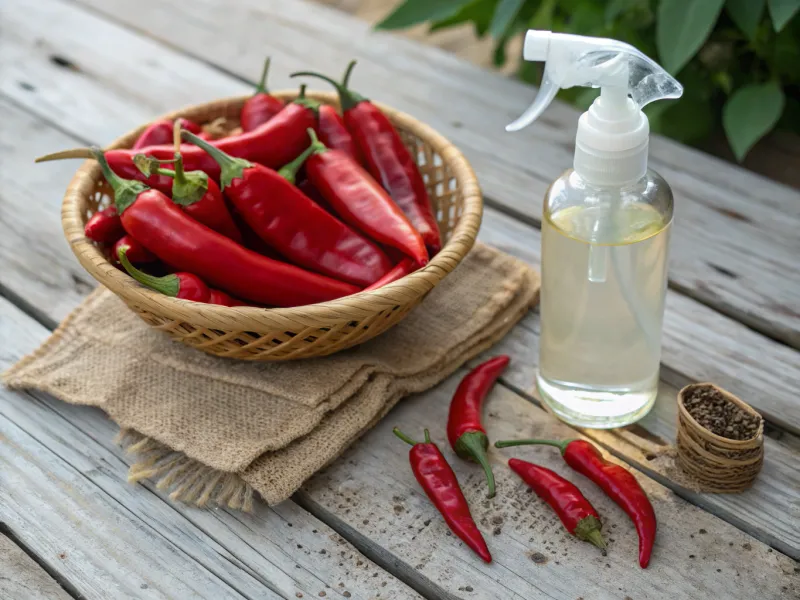
Turn up the heat in your garden with a fiery pepper spray that aphids simply can’t handle. The capsaicin in hot peppers irritates aphids, sending them scurrying. This spicy solution won’t bother monarchs, making it a perfect choice for your garden.
Mash hot peppers, mix with water, and strain the liquid into a spray bottle. Apply to affected areas, but handle with care—it’s spicy! This flaming fix is sure to keep aphids at bay without harming your milkweed.
12. Onion Spray
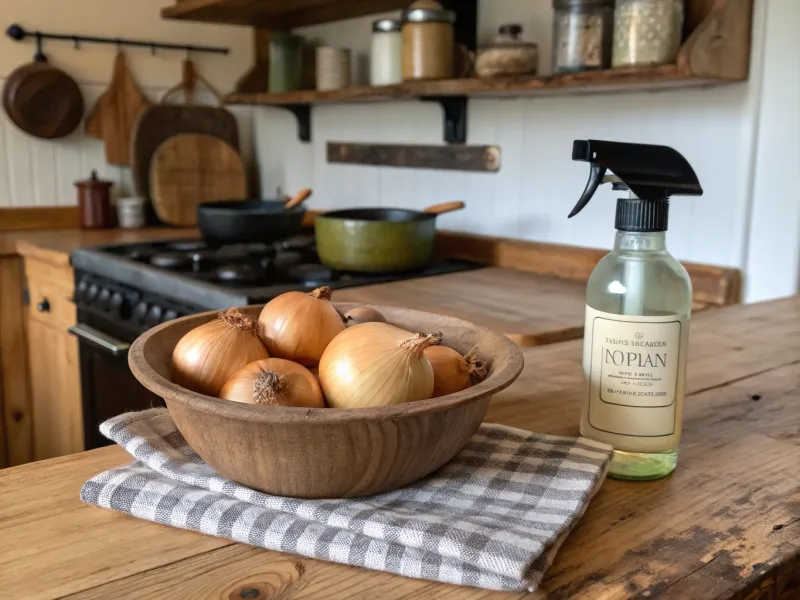
Onions bring tears to aphids’ eyes, metaphorically speaking. An onion spray is a pungent deterrent that keeps these pests away from your milkweed. It’s an affordable and natural method to maintain a pest-free garden.
Chop onions, blend with water, and strain the mixture into a spray bottle. Spritz your plants to create an invisible barrier against aphids. It’s a tear-free solution for humans, but a tear-jerker for aphids!
13. Cinnamon Dust
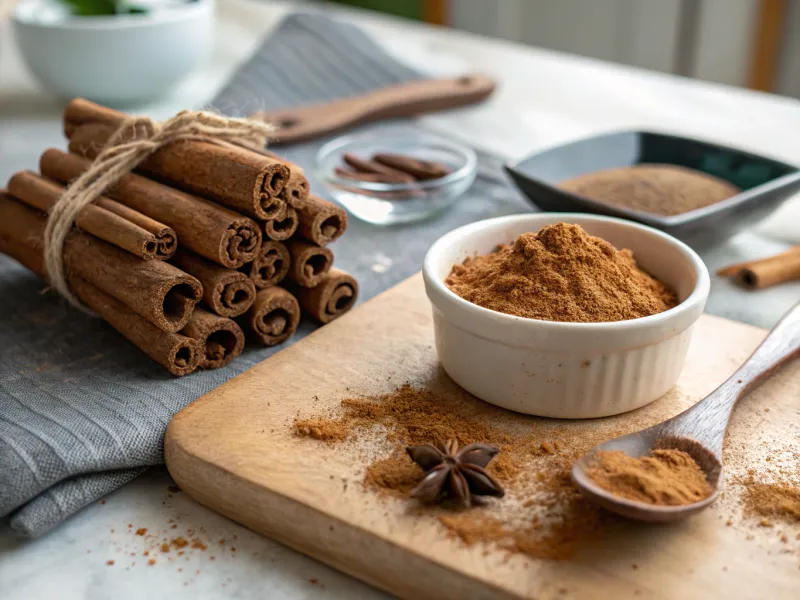
Sweet and spicy cinnamon isn’t just for your latte—it’s for your garden too! Dusting ground cinnamon around your milkweed can deter aphids with its strong scent. It’s a delightful way to protect your plants.
Apply a thin layer directly onto the soil or on the leaves. This aromatic approach is safe for monarchs and adds a pleasant fragrance to your garden. It’s like adding a sprinkle of magic!
14. Beer Trap
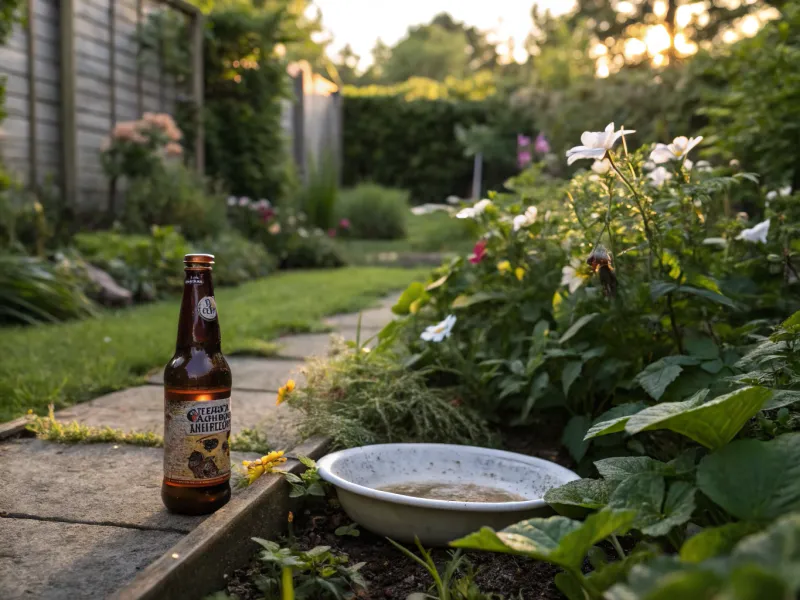
Raise a toast to pest control with a beer trap! Aphids, along with other pests, are drawn to the yeasty aroma of beer. This method is both effective and amusing, as it lures them into a dish of beer, where they meet their end.
Place a shallow dish filled with beer near the infested plants. It’s an eco-friendly way to reuse leftover beer while keeping your garden aphid-free. Cheers to a thriving garden!
15. Aloe Vera Spray
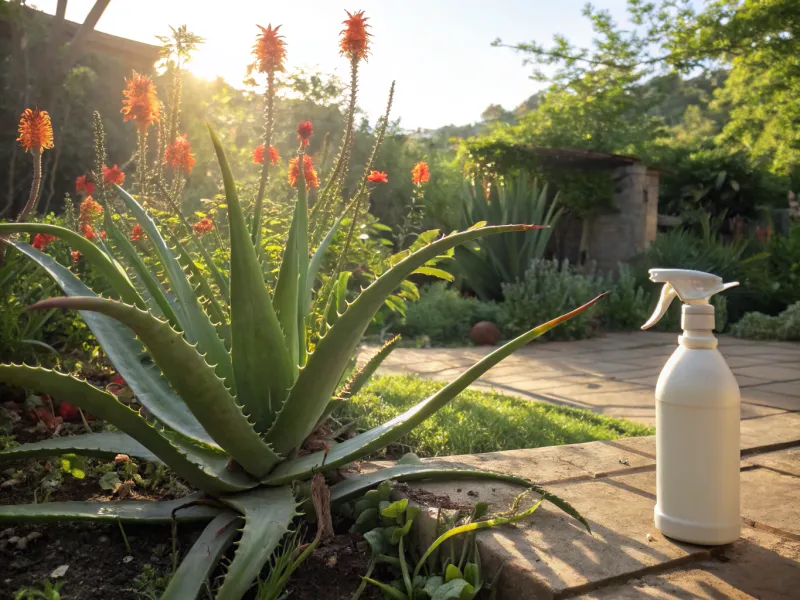
Aloe vera, known for soothing sunburns, can also calm down aphid-infested milkweed. Its natural properties create an inhospitable environment for aphids. Easy to prepare, this spray is gentle on plants and monarchs alike.
Blend aloe vera gel with water and pour into a spray bottle. Mist your plants regularly to maintain protection. This succulent solution is like applying a soothing balm to your garden.
16. Eucalyptus Oil
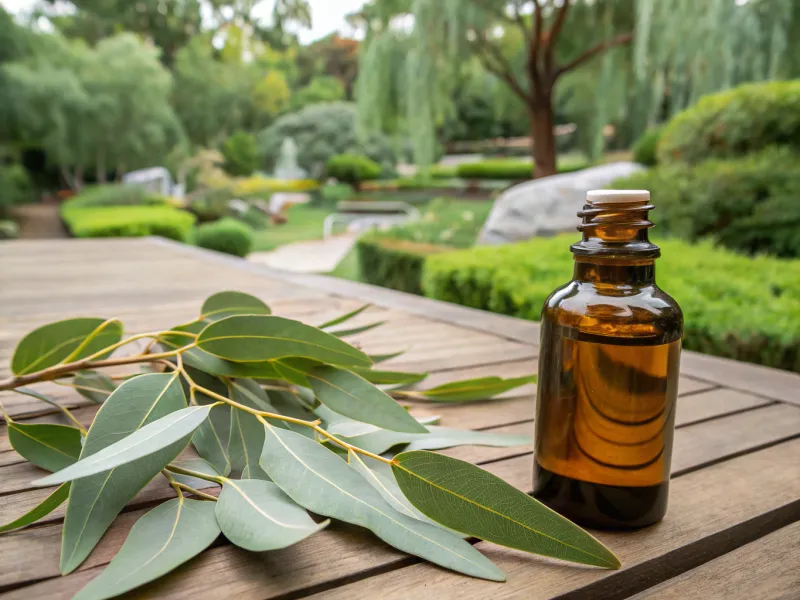
Eucalyptus oil, with its refreshing scent, is a fantastic aphid deterrent. Its strong aroma confuses and repels these pests without affecting monarchs. Plus, it adds a fresh fragrance to your outdoor space.
Mix eucalyptus oil with water and a dash of dish soap in a spray bottle. Apply the mixture to the affected plants. This invigorating solution is both a pest repellent and an air freshener!
17. Coriander Spray
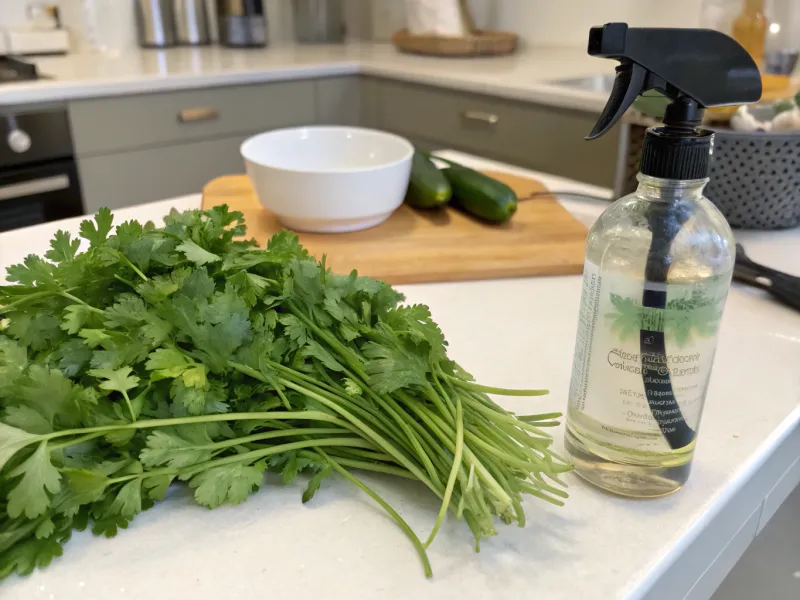
Coriander isn’t just for your culinary creations; it’s a secret weapon against aphids too. Its unique smell acts as a natural repellent, keeping your milkweed safe. This green potion is easy to make and apply.
Blend coriander leaves with water and strain, then pour into a spray bottle. Spritz your plants to form an aromatic shield. Your garden will smell like a gourmet dish, sans aphids!
18. Milk and Water Solution
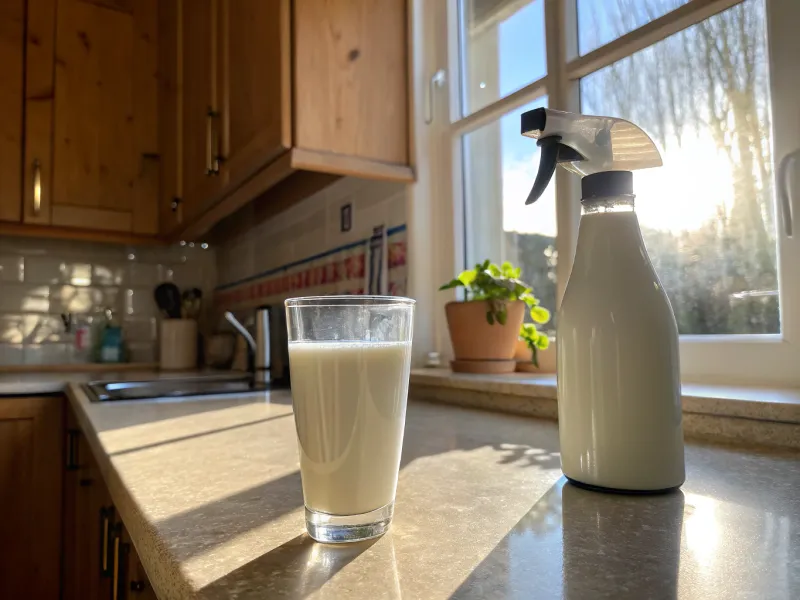
Looking for a simple way to tackle aphids? Milk mixed with water is a surprisingly effective solution! It helps reduce aphid infestations on your milkweed, all while being gentle on monarchs and nourishing your plants.
Combine equal parts milk and water in a spray bottle and apply to affected areas. It’s an easy, non-toxic way to combat aphids. Your garden will have a creamy touch that aphids can’t stand!
19. Eggshells
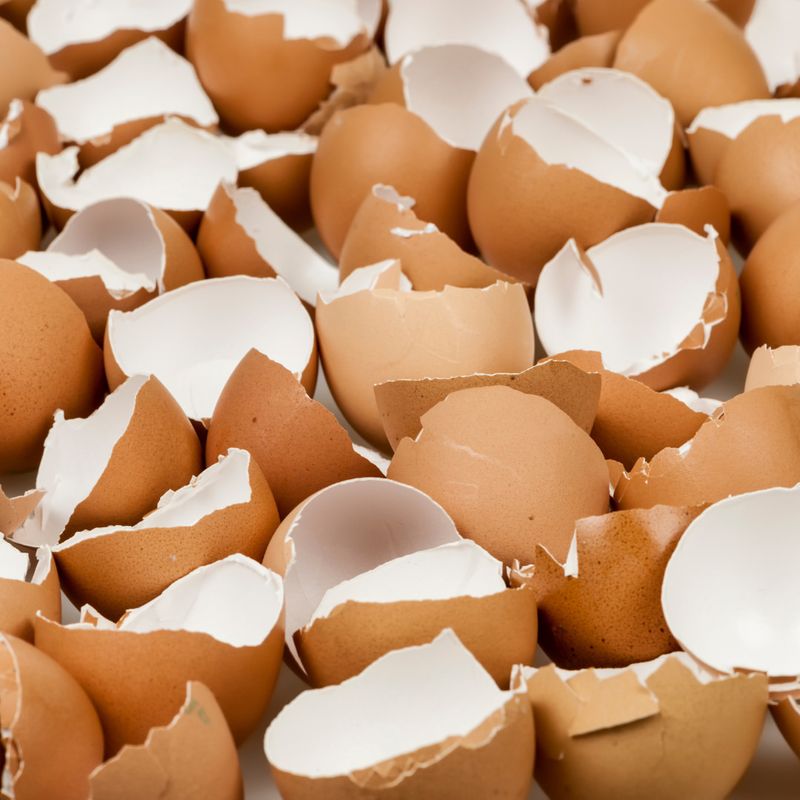
Crushed eggshells serve as both a nutrient provider and an aphid deterrent in your garden. Sprinkling them around your milkweed helps keep aphids and other soft-bodied insects at bay while enriching the soil with calcium.
Scatter the shells around the base of your plants, creating a crunchy barrier. This eco-friendly method recycles kitchen waste while protecting your garden. It’s like giving your milkweed a suit of armor!
20. Talcum Powder
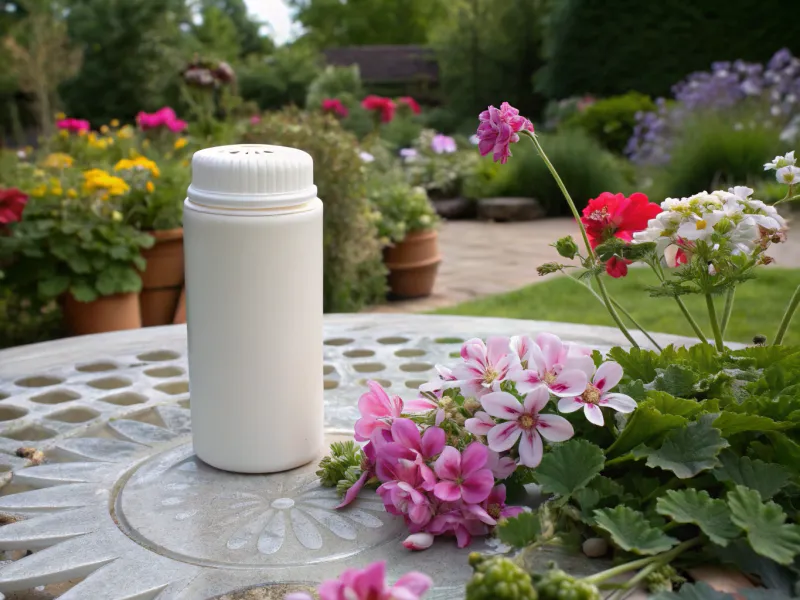
Often found in many homes, talcum powder can be your secret weapon against aphids. Its fine texture disrupts aphid exoskeletons, causing dehydration. This powdery solution is safe for monarchs and easy to apply.
Dust a light layer over the affected plants, focusing on where aphids congregate. Reapply after rain or watering for continued protection. It’s a dry and dusty end for aphids, but a fresh start for your garden!
21. Basil Spray
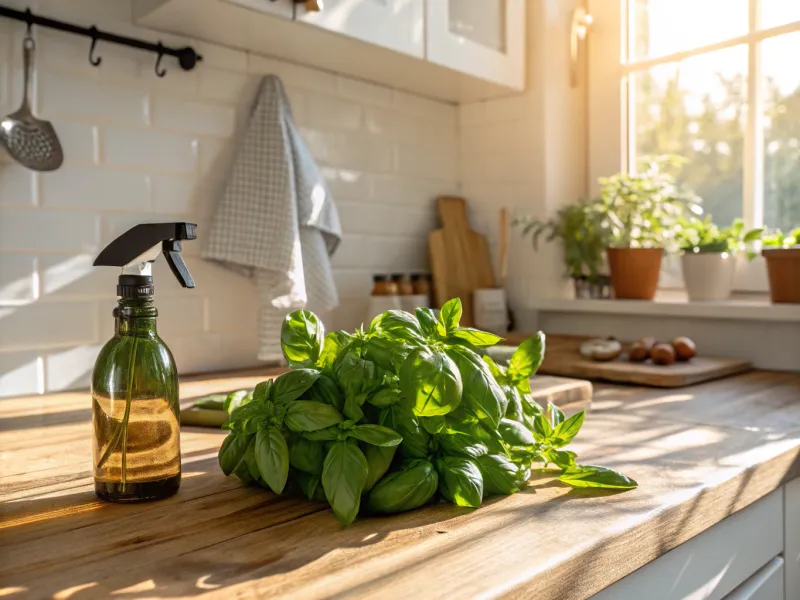
With its aromatic oils, basil serves as an aphid-repelling force. The scent is unpleasant to aphids but delightful to monarchs. Creating a basil spray offers a fragrant, natural way to protect your milkweed.
Blend fresh basil with water and strain the mixture into a spray bottle. Spritz your plants regularly for best results. It’s like seasoning your garden for success!
22. Coffee Grounds
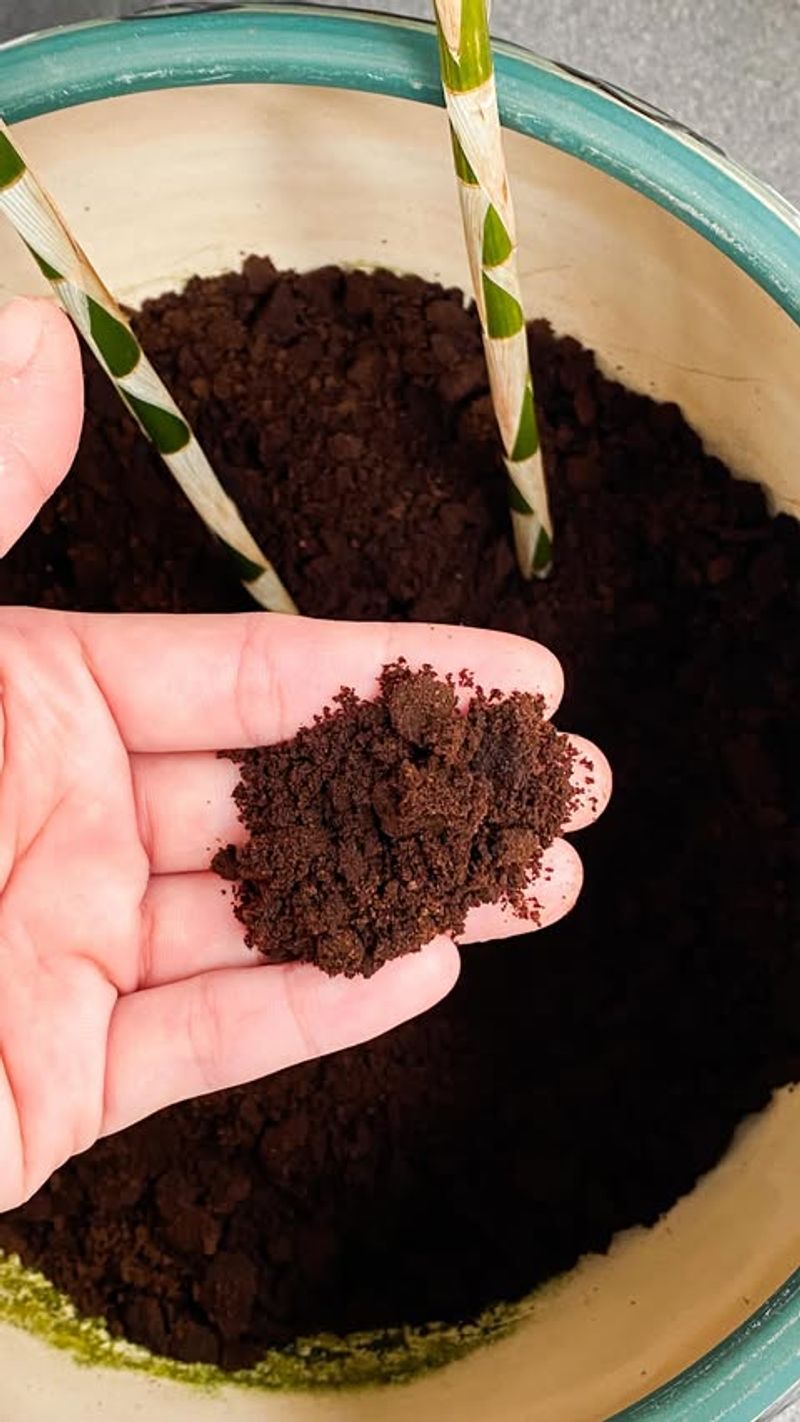
Your morning brew can be more than just a wake-up call for you; it’s a wake-up call for aphids to leave! Used coffee grounds sprinkled around milkweed deter aphids with their texture and caffeine content. Plus, they enrich the soil.
Scatter the grounds at the base of your plants for a double-duty approach: pest control and fertilization. This caffeinated strategy is eco-friendly and effective. It’s a perk-up for your garden!
23. Mint Leaves
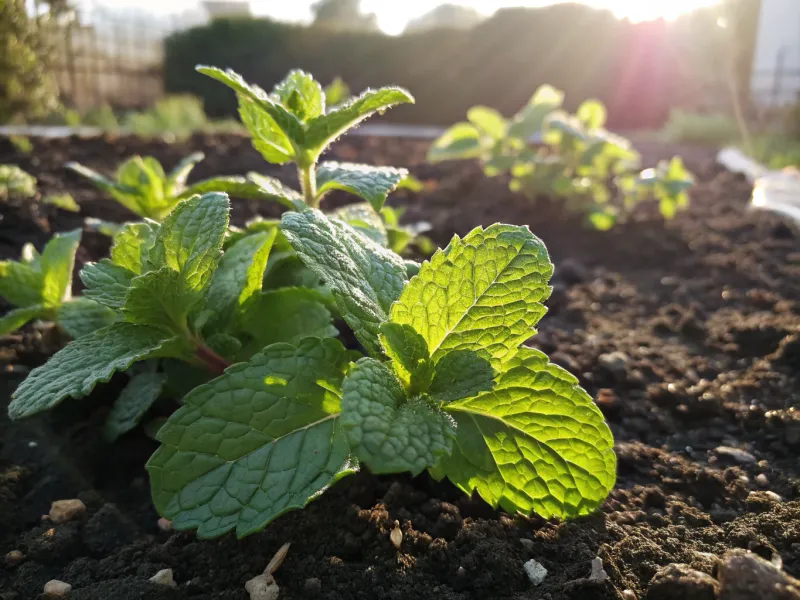
Strong in aroma, mint leaves are an excellent natural aphid deterrent. Their scent repels aphids while protecting your milkweed. Planting mint nearby offers an easy way to control pests naturally.
Alternatively, crush mint leaves and spread them around the plants. This fresh approach is both a deterrent and a breath of fresh air for your garden. It’s like adding a minty twist to your aphid defense!
24. Catnip Spray
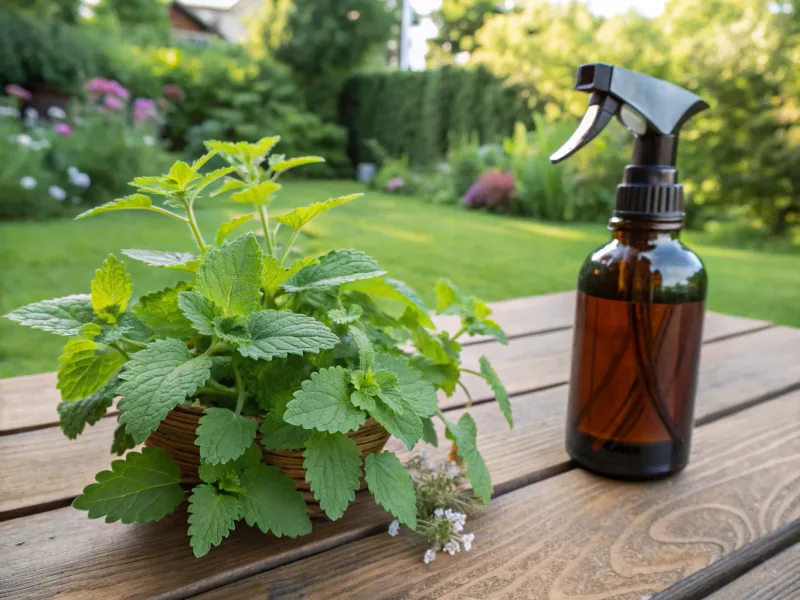
A surprising yet effective aphid deterrent, catnip confuses and repels these pests without bothering monarchs. Its unique scent makes it a natural choice for protecting milkweed. A homemade catnip spray adds an extra layer of defense.
Blend fresh catnip leaves with water, strain, and pour into a spray bottle. Apply to your plants to create a protective barrier. This feline-friendly fix is a clever way to maintain your garden’s beauty!
25. Cayenne Pepper
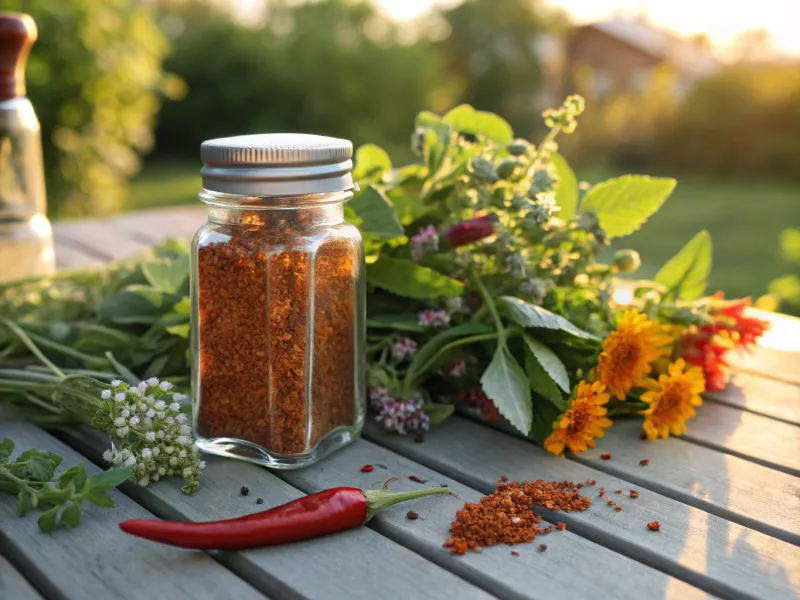
Aphids can’t handle the heat, but monarchs won’t mind—cayenne pepper is a powerful, natural repellent. This kitchen staple disrupts aphids while remaining harmless to beneficial insects. It’s an easy and effective spicy solution.
Mix cayenne pepper with water and a few drops of dish soap in a spray bottle. Apply to infested milkweed and watch the aphids flee. This fiery fix is sure to spice up your pest control strategy!
26. Lemon Juice Spray
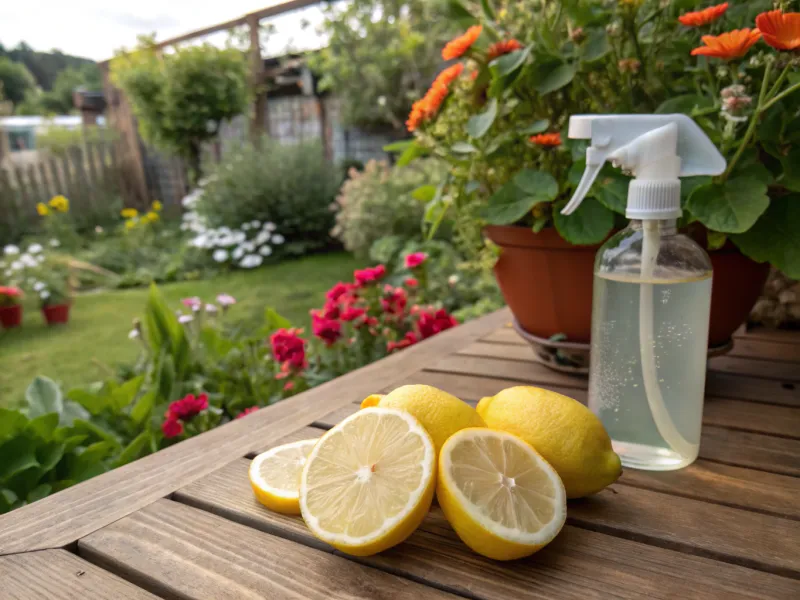
The zesty scent of lemon juice can send aphids packing while leaving your garden with a refreshing aroma. This citrusy spray is easy to make and safe for monarchs. It’s a bright and tangy way to protect your milkweed.
Mix fresh lemon juice with water and spray onto the plants. The acidity and scent act as a natural deterrent. It’s a sunny solution to your aphid problem!
27. Chrysanthemums
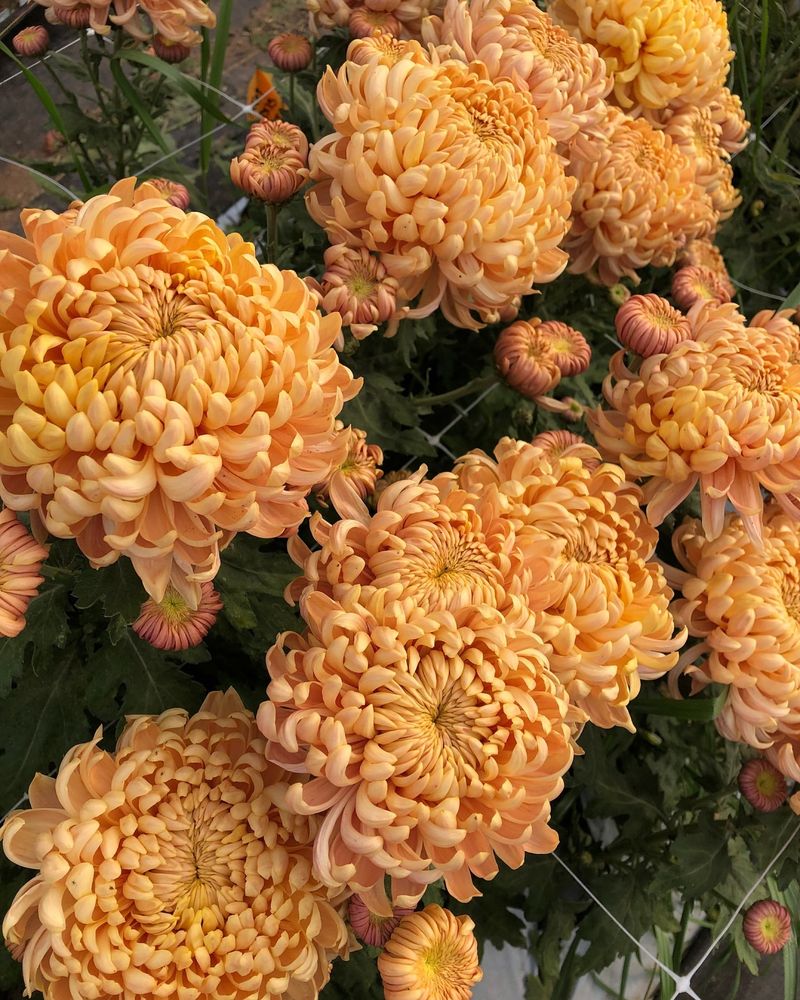
A natural way to repel aphids while enhancing your garden’s beauty is by planting chrysanthemums. Their flowers contain pyrethrum, a natural insecticide that keeps aphids away. Placing them near milkweed provides both aesthetic and protective benefits.
The vibrant blooms attract beneficial insects that prey on aphids too. It’s a colorful way to maintain harmony in your garden. Consider it a floral fortress against pests!
28. Tobacco Spray
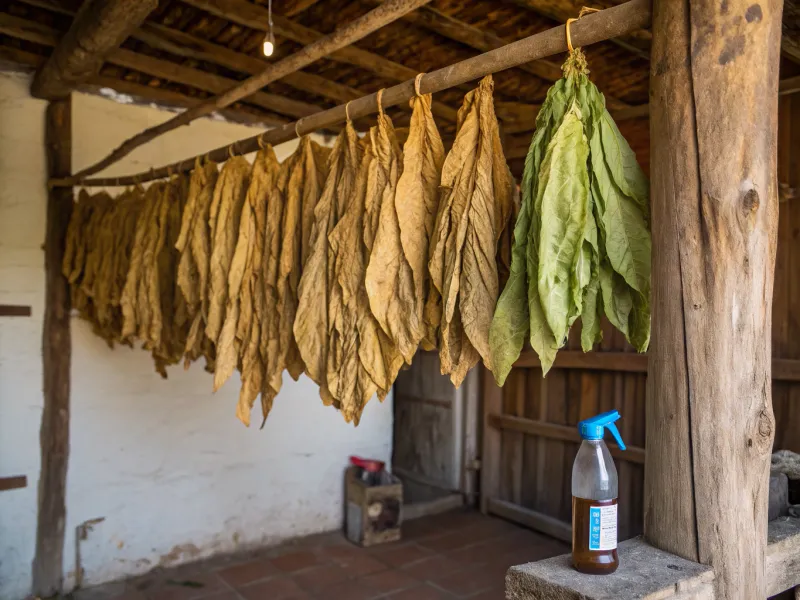
An unconventional yet effective solution for aphids is a tobacco spray. It disrupts aphid systems without harming monarchs, making it a viable option. While preparation requires caution, the results are worth the effort.
Soak dried tobacco leaves in water overnight, then strain into a spray bottle. Use the spray to target aphid-infested areas. It’s a bold approach that’s sure to keep your garden aphid-free.
29. Rosemary Barrier
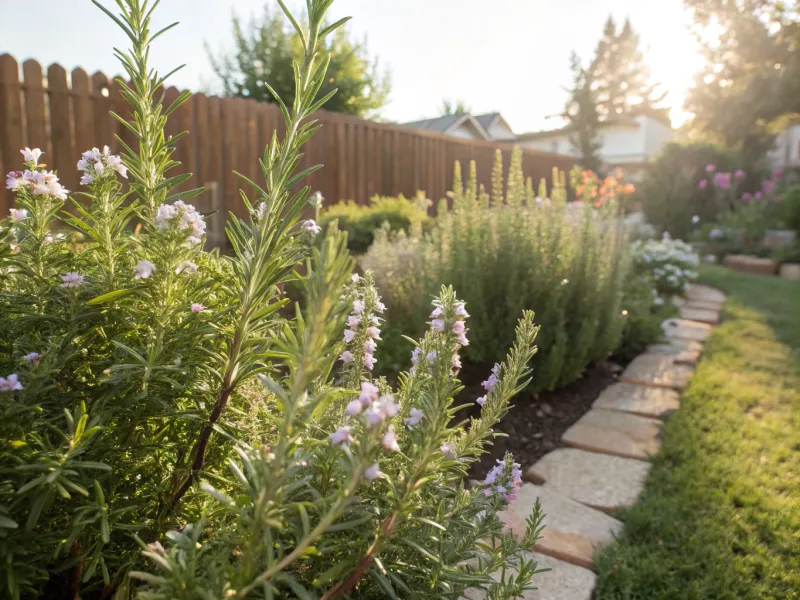
With its fragrant leaves, rosemary forms a natural barrier against aphids. Its aromatic oils are unpleasant to these pests but pleasing to monarchs. Plant rosemary around your milkweed for a protective hedge.
Alternatively, make a rosemary spray by blending leaves with water. This herbal solution is both a deterrent and a delightful addition to your garden. It’s like creating a rosemary-scented fortress around your plants!

